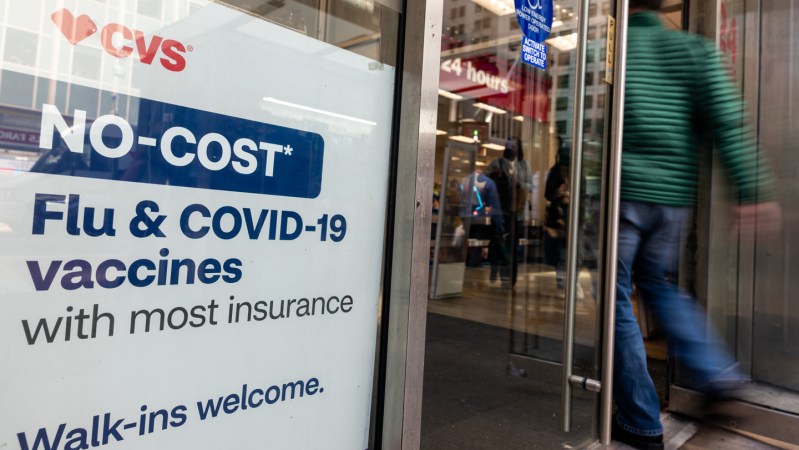
As the fall season approaches, shifting guidelines regarding COVID-19 vaccines are creating uncertainty for individuals seeking protection against respiratory viruses. With health experts warning of potential surges in respiratory illnesses during the colder months, many are left questioning how best to safeguard themselves.
Infectious diseases expert Dr. Emily Carter emphasized the importance of staying informed about new vaccine recommendations. “As we enter fall 2023, individuals should be proactive in understanding their vaccination options,” Dr. Carter stated. This year, the World Health Organization (WHO) and various health authorities have updated their vaccination strategies, which may lead to confusion among the public.
According to data from the Centers for Disease Control and Prevention (CDC), respiratory viruses, including COVID-19, typically see increased transmission rates as temperatures drop. Experts recommend that individuals consider their vaccination status and any emerging guidelines as they prepare for the season.
Understanding the New Vaccine Landscape
The recent changes in vaccination protocols arise from ongoing research into the virus’s evolving variants. Health organizations, including the CDC and WHO, have noted that while existing vaccines provide substantial protection, new formulations are being developed to target specific variants that may circulate this fall.
Dr. Carter pointed out that staying current with vaccinations can significantly reduce the risk of severe illness. “It’s essential for everyone, especially those in high-risk categories, to consult with their healthcare providers about the most appropriate vaccine options available,” she added.
Public health officials encourage individuals to consider their personal health conditions, vaccination history, and potential exposure risks when determining their immunization plans. The CDC currently recommends that individuals receive their COVID-19 vaccines and boosters as part of a comprehensive health strategy.
Public Response and Implications
The evolving nature of vaccine recommendations has resulted in varied public responses. Some individuals express frustration over the lack of clarity, while others remain committed to staying updated with the latest information. Social media platforms have become hotbeds for discussion, with many sharing their experiences and opinions on vaccination.
Reports indicate that vaccination rates have fluctuated in recent months. According to the CDC, approximately 60% of eligible individuals have received at least one dose of the COVID-19 vaccine, though booster uptake remains lower. This discrepancy raises concerns about community immunity, particularly as respiratory illnesses become more prevalent.
As the fall season progresses, health organizations will continue to monitor the situation closely. They are expected to provide further updates on vaccine efficacy and recommendations as new data becomes available.
In summary, as the landscape of COVID-19 vaccinations continues to shift, it is crucial for individuals to stay informed and consult healthcare providers about their vaccination options. With respiratory viruses projected to surge this fall, proactive measures can help mitigate the risks associated with these illnesses.






